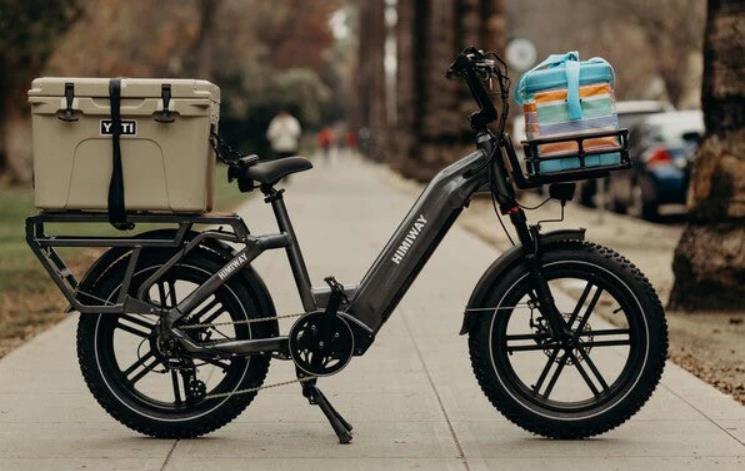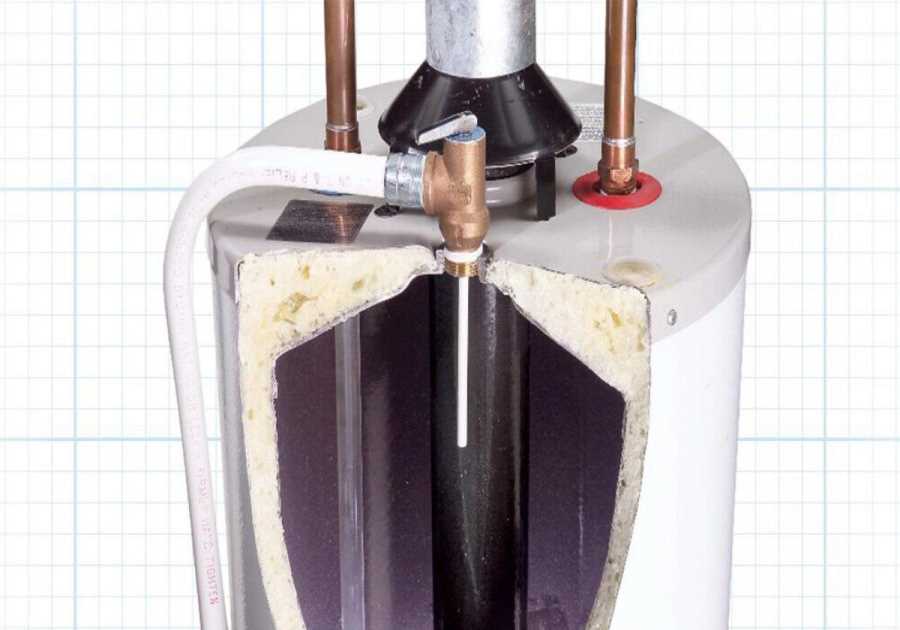
In the era of booming e-commerce and online shopping, last-mile delivery has become a significant challenge for logistics companies. Traditional delivery vehicles such as vans and trucks are not always cost-effective, flexible, and sustainable in densely populated urban areas.
To overcome such challenges, cargo e-bikes are gaining popularity as a viable alternative solution.
Today, in this blog post, we will discuss how cargo e-bikes can provide you with an ultimate solution to last-mile delivery challenges.
Advantages of Cargo E-Bikes
Cargo e-bike, also known as electric cargo or fat tire bike, have several advantages over traditional delivery vehicles.
- Affordable Alternative
Needless to say that cargo e-bikes are cost-effective to operate and maintain compared to vans and other motor vehicles. They have fewer moving parts and require less maintenance and repairs, which means less downtime and lower maintenance costs.
- Convenient to Park
Another advantage of cargo e-bikes is that they are easier to park in busy urban areas. They require less space than a van, which means you can park them in more places, even in areas where cars and vans are not allowed.
- Flexible and Faster
They can easily navigate through narrow streets, alleys, and bike lanes with their compact size. This means, cargo e-bikes can increase delivery efficiency, as they can transport goods quickly and safely to the final destination.
In fact, they are much faster than the vans or other delivery vehicles in the city centers. Studies show that cargo e-bikes have a higher average speed, can deliver about 60% faster, and can drop off 10 parcels per hour, whereas vans only manage to deliver six parcels per hour.
Just like the Himiway Big Dog fat tire ebike that features a 750w geared Hub motor and 48V 20Ah powerful battery that can offer a range of 80 miles per charge.
- Lower Environmental Impact
The best part, these bikes have a lower environmental impact as they produce zero emissions and reduce traffic congestion.
Research shows that “53% of shipping costs and 41% of total supply chain costs are tied to the last mile. That’s because many companies use inefficient vehicles that aren’t designed for urban areas, which causes more traffic and pollution. As a result, carbon emissions are expected to increase by 32% by the year 2030.
To address this problem, there has been a growing interest in using cargo e-bikes for last-mile deliveries. Cargo e-bikes are electrically-assisted bicycles that are designed to carry large and heavy loads.
And the best solution to this problem is the use of cargo e-bikes for last-mile deliveries. These electrically-assisted bicycles are specifically designed to carry large and heavy loads, making them ideal for delivering packages in urban areas.
In fact, a study by the University of Westminster found that cargo e-bikes emit 90% less CO2 than diesel-powered delivery vans, and have a significantly lower cost per kilometer. This means that by taking up less space on the road and producing no emissions, they can reduce congestion and improve air quality in cities.
- Sustainable Solution For Urban Transportation

However, it’s not just businesses that are taking notice of these benefits; cargo e-bikes are also becoming a popular choice for families who need to get around cities with shopping and children.
If we say from our previous example, then the Himiway big dog has a 400lb payload capacity. This means, with its ability to carry large loads and navigate through traffic, this Himiway cargo e-bike is quickly becoming a practical and sustainable solution for urban transportation.
Case Studies and Examples
Many companies are recognizing the benefits of using electric bikes for deliveries in busy urban areas.
You’ve probably heard of Amazon, Deliveroo, and Just Eat; they are just a few examples of companies investing heavily in this technology. But it’s not just these companies that are making the switch. DHL and UPS are also using cargo e-bikes in European cities.
In fact, every day, more than 11,000 cargo bike deliveries are made in Rio de Janeiro, Brazil, particularly in and around the iconic neighborhood of Copacabana.
A well-known company, FedEx Express, is also starting to use fleets of electric cargo bike in several cities throughout the UK, including London, Edinburgh, Glasgow, and Cambridge.
According to Alun Cornish, operations managing director for FedEx Express in Europe, “earlier FedEx pilots in the cities made the case for transitioning to two wheels, proving an effective alternative to vans thanks to their ability to take shorter, faster routers.”
However, all these companies have reported increased efficiency gains and cost savings by switching to cargo e-bikes. This implies that the potential for wider adoption of cargo e-bikes in the future is significant, especially in cities with dense populations and heavy traffic.
Overcoming Challenges
Although cargo e-bikes have several advantages, there are also some challenges associated with their implementation.
Weather conditions such as rain, snow, and high winds can impact the safety and comfort of the rider and the bike.
However, these challenges can be addressed through technology and infrastructure improvements. For instance, the development of weather-resistant cargo e-bikes and the construction of dedicated bike lanes can make cargo e-bike delivery safer and more efficient.
Business Considerations
The Guardian published an article on the surging popularity of e-bike deliveries. It stated that, unsurprisingly, cargo e-bikes were found to be leading the charge. The article highlighted the increasing number of businesses that are turning to cargo e-bikes as a practical and sustainable solution for delivering goods to their customers.
In fact, over 450 independent businesses and tradespeople now rely on cargo e-bikes as a major part of their delivery process. By using cargo e-bikes instead of cars or vans, these businesses are helping to reduce congestion on the city’s roads and cut down on harmful emissions in the process.
This shows that it is a great idea for businesses to implement cargo e-bike delivery into their operations by investing in cargo e-bikes, training riders, and designing routes that are suitable for cargo e-bikes.
Although the initial investment in cargo e-bikes can be high, the long-term benefits outweigh the costs.
Cargo e-bikes can contribute to a company’s sustainability goals by reducing emissions and improving its environmental footprint. Moreover, they can also enhance a company’s reputation by showcasing its commitment to sustainable and eco-friendly practices.
Conclusion
Cargo e-bikes provide an efficient solution to the last-mile delivery challenges faced by businesses worldwide, being a cost-effective, environmentally friendly, flexible, and sustainable way.
These vehicles can easily navigate through traffic-congested areas, reduce delivery times, and lower carbon emissions, while also reducing operational costs.
With the increasing demand for faster, more sustainable delivery options, cargo e-bikes offer a promising solution to meet the evolving needs of modern-day businesses.
As such, businesses looking to optimize their logistics and delivery processes should seriously consider adopting cargo e-bikes as a part of their transportation fleet.
The post Cargo E-Bikes: The Ultimate Solution to Last-Mile Delivery Challenges appeared first on Travel Experta - Travel, Lifestyle, Freedom.
----------------------------------------------------------------------------------------
By: Marina 'Travel Experta'
Title: Cargo E-Bikes: The Ultimate Solution to Last-Mile Delivery Challenges
Sourced From: travelexperta.com/cargo-e-bikes-the-ultimate-solution-to-last-mile-delivery-challenges/
Published Date: Thu, 27 Apr 2023 19:53:47 +0000
Did you miss our previous article...
https://rsssuperfeeds.com/travel/what-else-can-you-see-in-oceania-besides-australia-and-new-zealand-when-you-travel-there






